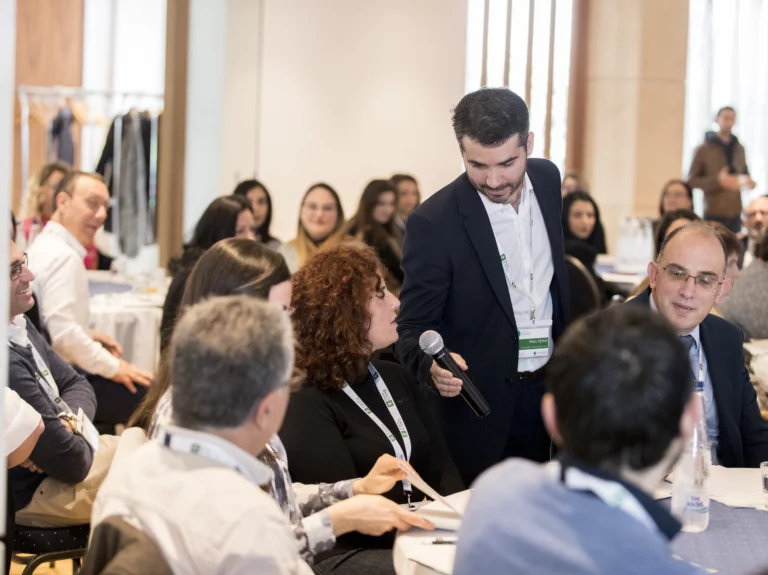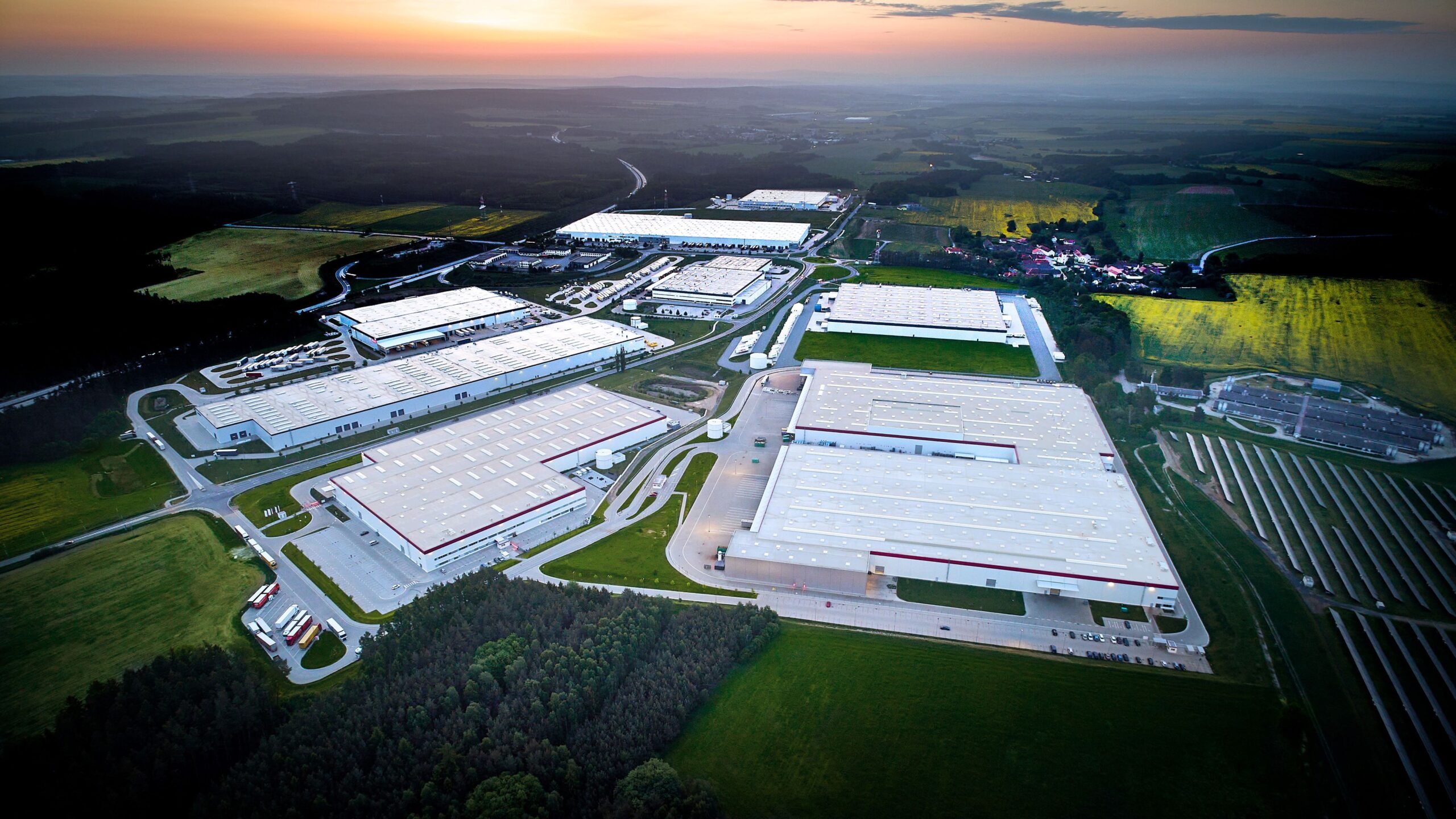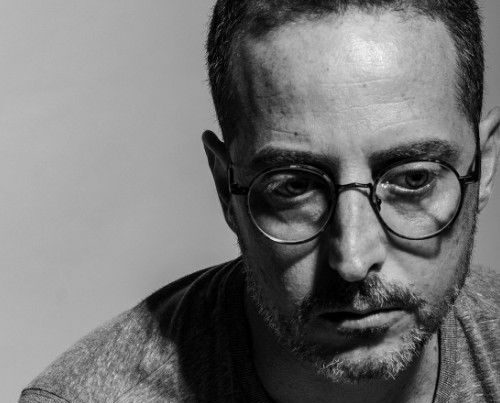The festive season is meant to bring joy, and for the most part it does. Throughout December many individuals schedule dinners, special meetings to plan for the year ahead and many other networking events that are beneficial to both professional and personal life.
Stress arises when you realise that your calendar is overflowing, but there’s and there’s only one solution: “You’ll have to learn how to say no, or else you won’t be able to fully perform at a high level, at work.”
That is the strategy that Louise Ellul, recommends, especially during the festive month where everyone is struggling to keep up with parties and events. Ms Ellul is an emerging Workplace Performance Strategist and Founder, who specialises in enhancing corporate well-being and productivity through flow neuroscience and optimal human performance strategies.
She adds, that the key to navigating high-pressure periods, such as the festive season, involves strategic balancing of workload and well-being.
MaltaCEOs.mt met up with Ms Ellul, as part of its new collaboration together, discussing the power of flow science on business leaders, how it maintains high performance in the workplace, while balancing mental and physical well-being.
The concept of flow, or the act of flow-state, is when one is in an optimal state of mind, commonly known as being “in the zone”. It is an antidote to burnout, transforming the relentless grind into a series of engaging and rewarding experiences.
In essence, operating within this state allows individuals to perform at their peak capacity. Over time, this mental state yields positive outcomes, serving as a motivation for continued effort toward achieving even better results.
Ms Ellul emphasises the necessity of saying ‘no’ to non-essential commitments while highlighting the importance of selective socialising. “Whilst it’s essential and beneficial to socialise, choosing events wisely is crucial for balancing professional commitments and personal well-being.”
Additionally, she warns against attending an exhaustive list of events, as it can lead to depletion, impacting concentration and work performance. Therefore, even after prioritising which events they have to go to, leaders must also prioritise sufficient rest.
“Selective socialising is not only a practical application of energy management, but also a key concept in performance psychology,” she adds.

Power planning: Stop cramming and start planning
A day is only made up of 24 hours. How can a CEO manage to work, stop for break, catch up with life, go to networking events and sleep seven to eight hours?
Ms Ellul’s response to MaltaCEOs.mt, acknowledges life’s constraints, especially concerning personal commitments.
However, she does remark that when it comes to doing things for themselves after work, CEOs and business leaders must plan and schedule.
Nevertheless, the plan should not only consist of tasks, appointments, or deadlines. A comprehensive plan, she notes, should allocate time for self-care and relaxation. “This ensures that that they make time for themselves.”
She advises leaders to proactively plan the week ahead of time. Prior to its start, she suggests investing a few minutes or hours in reflection: identifying priorities, organising activities, events, and appointments, while also allowing time for relaxation. “By mentally preparing and consolidating their thoughts, individuals can set the stage for a productive week, alleviating the stress of fitting everything in and transform their weekends into a powerful tool for enhancing clarity and creativity.”
Equally significant, Ms Ellul recommends establishing and adhering to a daily routine. “Overtime, a consistent routine seamlessly integrates into your system, enabling you to perform daily tasks – even if going to the gym and sleeping earlier – effortlessly and instinctively, similar to the principles of flow science and its relation to achieving high performance,” she explains.
She reaffirms the need to schedule time to rest and the importance of timing “Another issue that people might take for granted is the significance of eating three hours before sleeping. If you eat and then immediately go to sleep, then I can guarantee that you will not have the maximum amount of energy you might normally expect,” stated Ms Ellul.

‘If you’re scrolling on your phone, your brain is still processing information. Ultimately, you aren’t giving yourself a break’
It’s the end of the day, you climb into bed, and you finally heave a sigh of relief. The day is over and it’s time to relax. With relaxation in mind, probably the next step would be to grab a book from the nightstand, but let’s be more realistic, you are more likely to grab your phone.
Well, according to Ms Ellul, this is doing the opposite of relaxation. She explains that when one is scrolling through social media the brain is still processing the information as well as reacting to what it is seeing. “This prevents true relaxation.”
“A lot of people tell me that they spend the last 30 minutes of the day scrolling on their phone or watching Netflix but that is not the ideal way for the mind and body to relax. That is passive recovery and not active recovery. Not to mention that screens emit blue light, which will keep the user awake and alert,” she expands.
The alternatives here would be reading, taking a relaxing bath, or listening to music among different things. “There is no ideal way to slow down and relax but there are many different approaches that can be adaptable.”

‘You have to slow down to perform at peak levels’
Ms Ellul says that based on her observations, she notes that these days people are very stressed, for multiple reasons. Asked to share her wisdom, she remarked that her biggest advice to business leaders facing stressing times is to slow down.
“One has to slow down to perform at peak levels. If a leader is constantly adding to their list and rushing through their tasks, then they are going against the concept of flow resulting in subpar performance,” she says.
She also acknowledges the dangers of workaholism and while from one day to another the repercussions might not be as prevalent, there will be a day where the body breaks down.
Ms Ellul adds that one of the most basic principles would be to simply stop five minutes, or to stop for coffee. This re-programmes the body to take a breather and slow down, a process which she describes as active recovery.
By planning ahead, she restates, you are able to estimate the time required for each task, making it more clear to slot in the time needed for a small break.
Ms Ellul wraps up by saying that, “even going for a small walk around the block can be beneficial, it does not need to take a lot of your time, but such rests will give your mind some time off to recollect and come back stronger”.
Women shouldn’t have power over men but over themselves, says Stephanie Fabri
She highlights that true empowerment comes from self-mastery, not power over others.
Workplace law conference to tackle pay transparency, immigration, and workplace inclusion
Whether you're looking to stay updated on the latest legal changes or seeking practical advice on managing workplace challenges, this ...
Malta-originated Accolade Industrial Fund celebrated 10 years of success, continues its expanding global reach
The Fund´s portfolio is currently valued at 1.9 billion euros.
Is it time for leaders to get a little more political? Ed Muscat Azzopardi thinks so
The challenge – and opportunity – lies in deciding how to respond.









